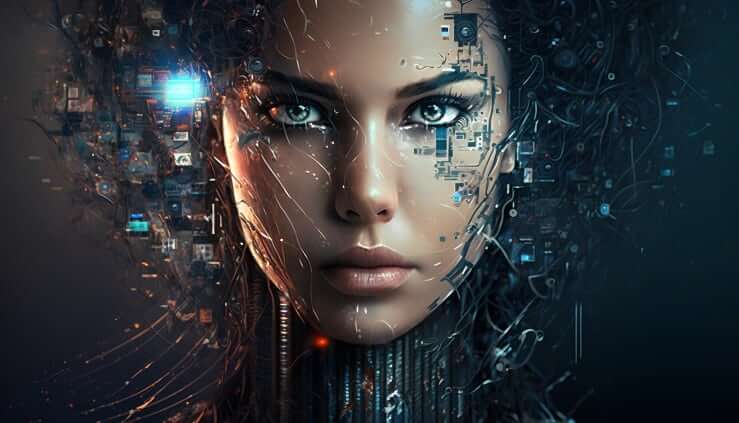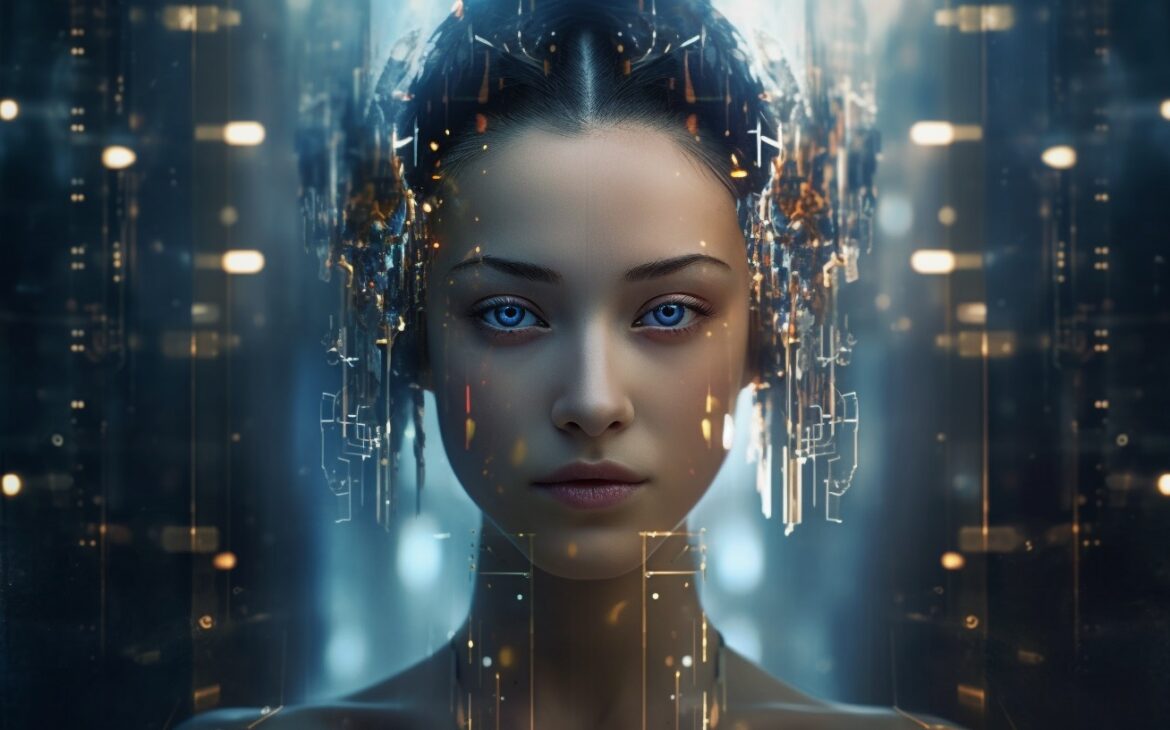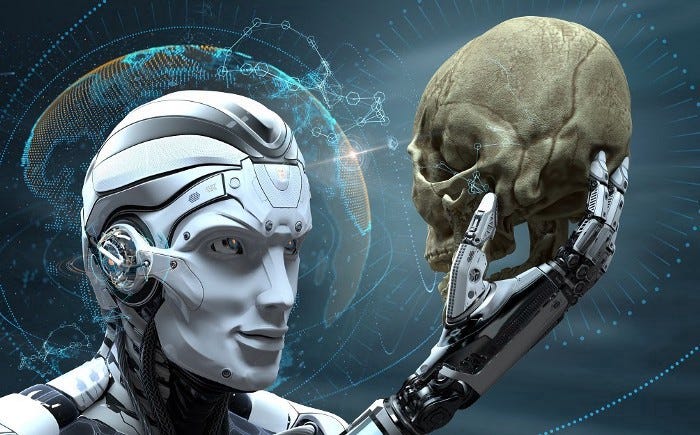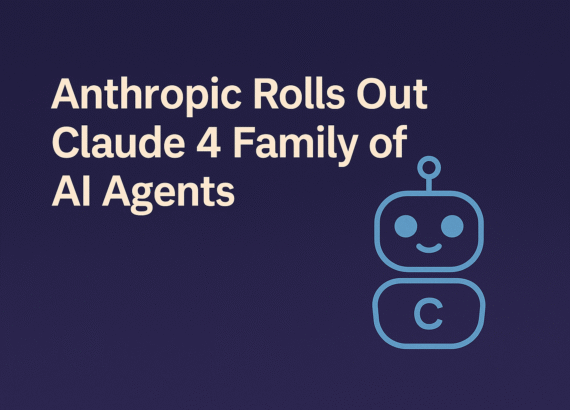How AI helping and improving our World: Will AI dominate us in the future?
Artificial Intelligence (AI) has emerged as a powerful force that is revolutionizing various aspects of our lives. From assisting with complex tasks to transforming industries, AI has become an integral part of our modern world. This article delves into the role and impact of AI in our society, exploring how it is helping and improving our world. While AI offers numerous benefits, there are also concerns about its potential dominance over humanity.
By examining its applications, advantages, challenges, and ethical considerations, we aim to gain a comprehensive understanding of AI’s place in our world and its potential future implications. Discover how artificial intelligence is revolutionizing various industries and making a positive impact on our world. Explore the ways AI is enhancing healthcare, transportation, education, and more, and learn about the incredible potential it holds for a brighter future.
1. Introduction to AI: Its Role and Impact on our World
Understanding Artificial Intelligence
Artificial Intelligence, or AI, is like having a smart sidekick who can understand and mimic human intelligence. It’s all about creating computer systems and programs that can perform tasks that would typically require human intelligence. So basically, AI is like having a super-powered brain on a computer chip.
The Evolution of AI
It started with simple tasks like playing chess or solving math problems, but now it’s infiltrating every aspect of our lives. From voice assistants like Siri and Alexa to self-driving cars and personalized recommendations on Netflix, AI is everywhere. It’s like that friend who always knows what you want and never fails to surprise you.

2. Applications of AI in Various Sectors
AI in Finance and Banking
Remember when you had to go to the bank to withdraw cash or transfer money? Well, AI has made banking a breeze. It can detect fraudulent activities, provide personalized investment advice, and even automate customer service. Who needs a human teller when you have AI?
AI in Transportation and Logistics
Gone are the days when getting from point A to point B was a hassle. AI has revolutionized transportation and logistics. Self-driving cars are becoming a reality, and AI algorithms are optimizing traffic flow and predicting maintenance needs. It’s like having a personal chauffeur who never gets lost and always finds the fastest route.
AI in Retail and E-commerce
Shopping has never been easier, thanks to AI. From chatbots that assist customers with their queries to personalized product recommendations based on your browsing history, AI is transforming the retail experience.
Get up to 70% Discount on Amazon (Buy Now)

3. Enhancing Efficiency and Productivity through AI
Automating Repetitive Tasks
Remember that mind-numbing task you dread every month at work? Well, AI can automate it. From data entry to invoice processing, AI can take over mundane tasks and free up your time for more important things, like binge-watching your favourite show. It’s like having a virtual assistant who can handle all the boring stuff while you focus on being fabulous.
Improving Decision-Making with AI
We’ve all had those moments when we couldn’t decide between two options. Well, AI can lend a helping hand. With its ability to analyze large amounts of data and provide insights, AI can assist in making informed and intelligent decisions. It’s like having a wise old mentor who always knows what’s best for you.
4. AI’s Contribution to Healthcare and Medicine
Diagnosis and Disease Management
AI is not just about gadgets and convenience; it’s also saving lives in the healthcare industry. AI algorithms can help doctors make accurate diagnoses, detect diseases at an early stage, and even predict patient outcomes. It’s like having a medical expert who can see into the future and guide you towards better health.
Drug Discovery and Development
Finding new drugs and developing treatments is a complex and time-consuming process. Enter AI, the superhero of drug discovery. AI can analyze vast amounts of data, predict drug interactions, and even suggest new avenues for research. It’s like having a genius scientist who can solve medical mysteries in record time.
So, while AI is undoubtedly helping and improving our world, will it dominate us in the future? Only time will tell. But for now, let’s embrace AI as our trusty sidekick, making our lives easier, more efficient, and a lot more fun.
Get up to 70% Discount on Amazon (Buy Now)

5. AI’s Impact on the Job Market: Challenges and Opportunities
The Role of AI in Job Displacement
Artificial Intelligence has undoubtedly made its mark on the job market, leading to concerns about widespread job displacement. As AI continues to evolve and automate various tasks, it’s natural to worry about humans being replaced by machines. However, it’s important to remember that AI is not here to steal our jobs, but rather to augment and enhance our abilities.
While certain industries and roles may experience some level of disruption, it’s crucial to recognize the potential for AI to create new opportunities and transform job markets. By automating repetitive and mundane tasks, AI frees up human workers to focus on more complex and creative endeavours. The key lies in adapting and embracing the changing nature of work, fostering a culture of lifelong learning and upskilling.
New Job Opportunities Created by AI
Alongside the concern for job displacement, AI also presents exciting new job prospects. As AI technologies become more prevalent, the demand for professionals skilled in AI development and implementation continues to rise. From AI engineers and data scientists to AI ethicists and policy analysts, the job market is evolving to accommodate the advancements in AI.
Moreover, AI is creating new fields and roles that were previously unimaginable. With the ability to process massive amounts of data and extract insights, AI is revolutionizing industries such as healthcare, finance, and transportation. As a result, there is a growing need for individuals who can bridge the gap between AI and domain-specific knowledge, driving innovation and solving complex problems.
Get up to 70% Discount on Amazon (Buy Now)

6. Ethical Considerations and Concerns with AI Advancements
Privacy and Data Security
As AI technologies become more sophisticated, there is a growing concern about privacy and data security. AI systems often rely on vast amounts of personal data to function effectively, raising questions about how that data is collected, stored, and used. Safeguarding individual privacy and ensuring data security become paramount when dealing with AI applications.
To address these concerns, robust regulations and ethical frameworks need to be in place. Organizations must prioritize transparency and consent when handling sensitive data. Additionally, advancements in privacy-preserving AI techniques, such as federated learning, are being pursued to strike a balance between data utility and privacy protection.
Biases and Fairness in AI Algorithms
Another critical ethical consideration is the potential for biases embedded within AI algorithms. AI systems are trained on data that reflects human biases and prejudices, leading to the perpetuation of discriminatory outcomes. Fairness and inclusivity should be at the forefront of AI development to mitigate such biases and ensure equitable outcomes.
Researchers and developers are actively working towards developing algorithms that are fair and unbiased. Techniques like explainable AI, which provides transparency in decision-making processes, are being explored to address this challenge. Additionally, diverse and multidisciplinary teams working on AI projects can help in identifying and rectifying biases during the development process.
7. Exploring the Future of AI: Will it Dominate Humanity?
AI’s Potential for Superintelligence
One of the key concerns surrounding AI is its potential for superintelligence, surpassing human capabilities. While it’s difficult to predict the exact trajectory of AI development, experts agree that we are far from achieving human-level general artificial intelligence (AGI). The notion of AI dominating humanity should not be a cause for immediate worry, but rather a topic for ongoing exploration and discussion.
Human-AI Collaboration and Coexistence
Rather than fearing domination, a more realistic future involves human-AI collaboration and coexistence. AI can augment human intelligence, enabling us to solve complex problems and make more informed decisions. It’s important to view AI as a tool that empowers us rather than a force that threatens us. By embracing this partnership, we can leverage the strengths of both humans and AI to build a brighter future.
Get up to 70% Discount on Amazon (Buy Now)

8. Harnessing the Power of AI for a Better World
In conclusion, AI is transforming our world in remarkable ways. While it presents challenges and ethical considerations, the key lies in harnessing its power to drive positive change. By being proactive in addressing job market shifts, preserving privacy and fairness, and fostering human-AI collaboration, we can shape a future where AI serves as a valuable ally.
Let us not fear the rise of the machines, but rather embrace our role as architects of AI’s impact on society. With careful consideration, adaptability, and a touch of humour, we can ensure that AI remains a tool that enhances our lives and helps us tackle the most pressing challenges of our time. So, let’s march forward confidently, humans and AI side by side, towards a future where we all thrive.
9. Conclusion
In conclusion, AI has demonstrated immense potential to improve and enhance various aspects of our world. From streamlining processes and increasing efficiency to advancing healthcare and creating new job opportunities, AI offers remarkable advantages. However, it is crucial to approach its development and implementation with careful consideration of ethical concerns and potential risks.
By harnessing the power of AI responsibly and ensuring that human-AI collaboration remains harmonious, we can unlock the immense potential of this technology to create a better world for all.
FAQ:
1. What is Artificial Intelligence (AI)?
It involves the use of algorithms and machine learning techniques to enable machines to understand, reason, and process information.
2. How is AI helping to improve our world?
AI is transforming various sectors and industries, enhancing efficiency, productivity, and decision-making. It is being utilized in healthcare for diagnosis and drug development, in finance for fraud detection, in transportation for autonomous vehicles, and retail for personalized recommendations. AI has the potential to streamline processes, improve outcomes, and unlock new possibilities in many areas of our lives.
3. What are the concerns surrounding AI domination?
One of the concerns is the potential for job displacement as AI automation replaces certain tasks previously performed by humans. There are also ethical considerations, such as privacy and data security, as well as biases and fairness in AI algorithms. Additionally, discussions around the future of AI involve concerns about superintelligence and its implications for the relationship between humans and machines.
4. How can we ensure responsible AI development?
Responsible AI development involves considering ethical implications, promoting transparency, and addressing biases and fairness. It is crucial to prioritize privacy and data security while ensuring appropriate regulations are in place. Additionally, fostering collaboration between humans and AI systems, rather than perceiving it as a competition, can lead to a more harmonious integration of AI in our society.
Thank you for reading 🙂
If you want to build your website at an affordable price contact: www.nextr.in
Read this: AI Tool That Can Clone Celebrities To Skyrocket Your Business!


















